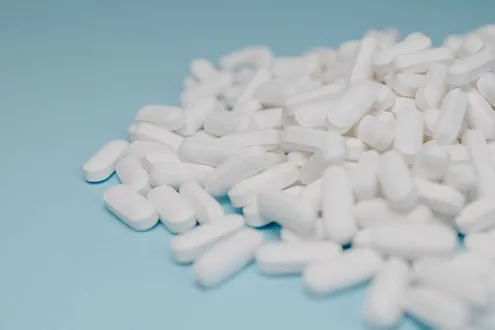Amphetamines are synthetic stimulant drugs that increase alertness, energy and attention, and suppress the appetite. Amphetamines are prescribed to treat medical conditions such as attention-deficit hyperactivity disorder (ADHD), narcolepsy and obesity. They are also taken for recreational and non-medical purposes.
If you have developed an addiction to amphetamines then you will need to undertake a detox treatment plan, which should occur as a gradual withdrawal of the drug under the supervision of a doctor, lowering the doses gradually until you do not need to take any at all.
Amphetamine withdrawal symptoms can include anxiety, depression, psychosis and even suicidal thoughts. Other side-effects include insomnia, fatigue, muscle aches, agitation, increased appetite and trouble concentrating.
Detox and withdrawal from amphetamines can take anything from days to weeks or longer, depending on several factors, including the severity of the addiction and the individual’s underlying health. During this time, you will need medical supervision and therapy to help you manage any withdrawal symptoms and avoid a relapse.

If you take amphetamines over an extended period of time your body develops a tolerance to the drug, meaning that you need to keep increasing your dose to have the same effect. To break this cycle, you will need to undertake a tapered and medically-supervised detox – it is important not to try it alone. This allows you to decrease the dose while still managing your withdrawal symptoms. Until the drug is out of your system it will continue to impact the chemicals in your brain. It is the reason why complete detox is important, alongside therapy and other medical care to help you manage your withdrawal symptoms.
Detox alone is usually not sufficient for the successful treatment of amphetamine addiction. Following detox, residential rehab will allow you to continue your treatment in a safe and secure space, letting you concentrate on your recovery. Rehab will allow you to understand the causes of your addiction and through a range of different therapies you can learn techniques to help manage your addiction. If residential rehab is not for you, then outpatient treatment and other therapy options such as group sessions or one-on-one counselling will be helpful.

Every case of addiction is unique, but generally an amphetamine detox programme can last anything from a few days to several weeks, but if you have a more severe addiction you may need to detox for longer. You should not attempt to detox from amphetamines abruptly by going cold turkey, you should always consult a doctor or rehab centre to help you work out the best way to slowly reduce the doses in order to minimise withdrawal symptoms. Therapy that runs alongside this process can take longer, although exactly how long will depend on several factors that are unique for each individual.


